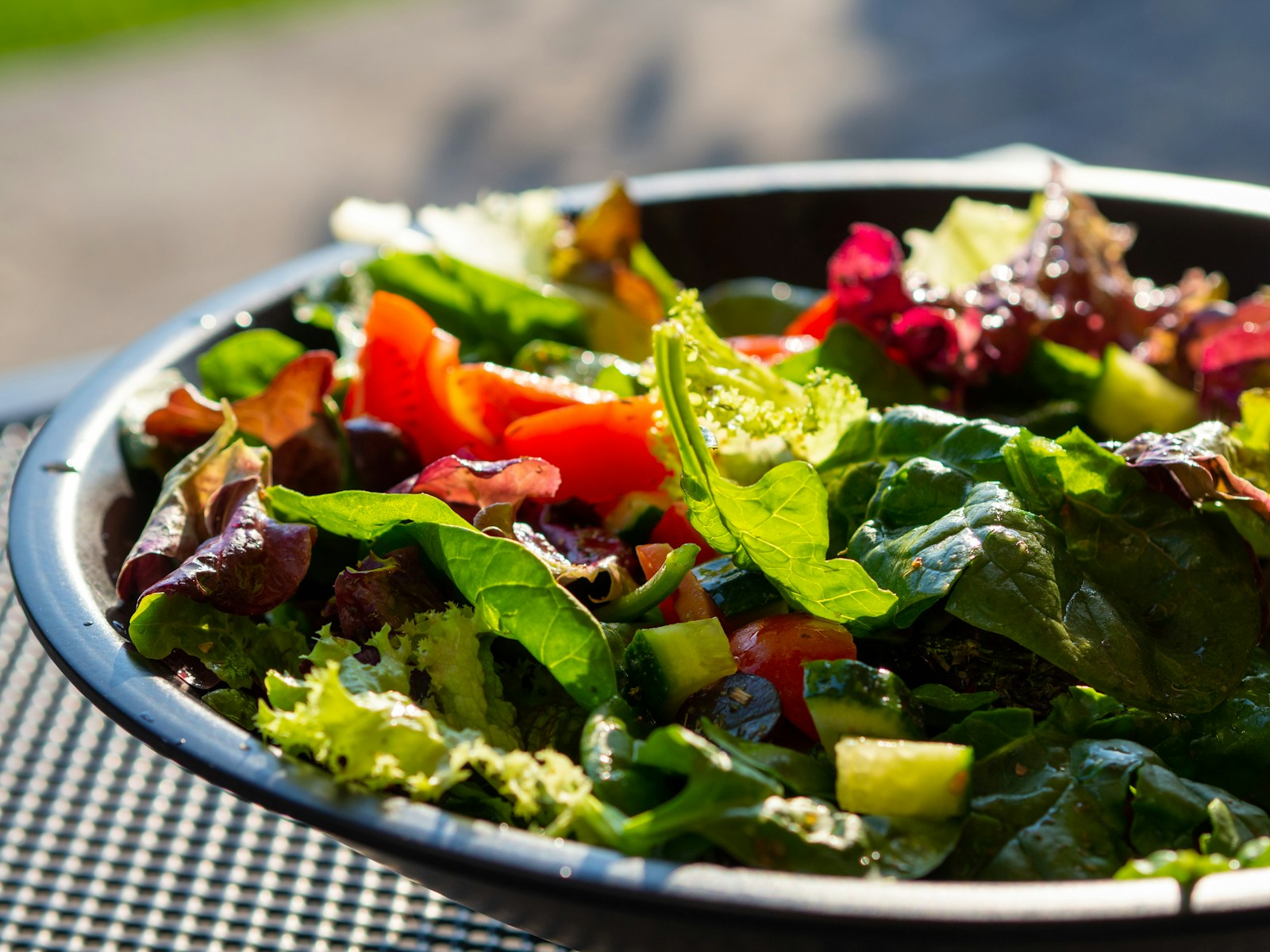As people get older, maintaining a healthy diet becomes more important to prevent nutrient deficiencies and keep the body strong. For seniors, proper nutrition supports overall health, boosts energy, and can help manage or prevent chronic conditions like diabetes or heart disease. In this guide, we’ll explore the best eating habits for seniors to promote optimal health and well-being after 60.
Nutrient-rich foods for seniors
Seniors need to eat foods packed with essential vitamins and minerals to stay healthy. Some of the best nutrient-rich foods for seniors include:
- Leafy Greens: Spinach, kale, and other greens are full of vitamins like A, C, and K, which are important for bone health and immune function.
- Whole Grains: Foods like brown rice, oats, and whole wheat provide fiber, which helps digestion and lowers cholesterol.
- Fruits and Vegetables: Bright-colored fruits like berries and vegetables like carrots are loaded with antioxidants that protect the body from damage.
- Lean Protein: Chicken, turkey, beans, and fish offer protein needed to maintain muscle mass and energy levels.
- Low-Fat Dairy: Milk, yogurt, and cheese provide calcium and vitamin D, crucial for bone health.
Meal planning for seniors
Creating a balanced diet starts with a good plan. Meal planning for seniors helps ensure that the right nutrients are included in every meal.
- Breakfast: A good breakfast should include whole grains like oatmeal, fruit, and a source of protein like eggs or yogurt.
- Lunch: Lunch might consist of a lean protein like chicken or beans, paired with a vegetable side and a slice of whole-grain bread.
- Dinner: For dinner, consider a small portion of fish or lean meat, along with steamed vegetables and brown rice.
- Snacks: Healthy snacks like nuts, cheese, or fruit are excellent choices between meals.
By planning meals ahead of time, seniors can avoid unhealthy foods and make sure they are getting enough vitamins and minerals each day.
Diabetic meal plan for seniors
Seniors with diabetes need to be extra careful with their food choices to keep blood sugar levels stable. A diabetic meal plan for seniors focuses on balanced meals that include fiber, protein, and healthy fats while avoiding added sugars and refined carbs.
- Breakfast: A bowl of oatmeal with a handful of nuts and a boiled egg provides a great mix of slow-burning carbohydrates and protein.
- Lunch: A turkey sandwich made with whole-grain bread and paired with a green salad will help keep blood sugar levels steady.
- Dinner: Grilled chicken, roasted vegetables, and quinoa offer a nutritious meal without spiking blood sugar.
- Snacks: Choose low-sugar options like Greek yogurt or a small serving of almonds.
Managing diabetes through diet can help prevent complications like high blood pressure, heart disease, and nerve damage.
Healthy eating after 60
As we age, our bodies change, and our nutritional needs shift. Healthy eating after 60 means focusing on foods that provide energy, support bone health, and keep the heart strong.
- Drink Plenty of Water: Dehydration is more common in seniors, so it’s essential to drink enough water daily.
- Eat Smaller, More Frequent Meals: Eating smaller meals more often can help seniors maintain steady energy throughout the day.
- Limit Salt Intake: Too much salt can raise blood pressure. Seniors should limit their intake of processed foods and use herbs to add flavor instead.
- Focus on Fiber: Fiber-rich foods like fruits, vegetables, and whole grains help digestion and keep cholesterol in check.
- Stay Active: Physical activity, even light exercise, helps seniors manage weight, improve circulation, and keep the body functioning well.
Popular prescription medications related to nutrition for seniors
- Metformin
Metformin is commonly prescribed for seniors with type 2 diabetes to help manage blood sugar levels. - Vitamin D Supplements
Many seniors take vitamin D supplements to help maintain bone health, especially those who do not get enough sunlight. - Calcium Supplements
Calcium supplements are often recommended for seniors to support bone density and reduce the risk of fractures. - Statins
Statins help lower cholesterol levels in seniors, which reduces the risk of heart disease. - Fiber Supplements
Seniors with digestive issues or those who do not get enough fiber from food may benefit from fiber supplements to improve digestion and prevent constipation.
Eating well is essential for aging adults to maintain their health, prevent illness, and enjoy a higher quality of life. Seniors should focus on nutrient-dense foods, meal planning, and managing any existing health conditions like diabetes through proper diet. By making simple changes, seniors can significantly improve their well-being and energy levels.
For more information on senior nutrition and healthy eating, check out trusted resources like the National Institute on Aging and the American Diabetes Association.
FAQs
- What are the best nutrient-rich foods for seniors?
Leafy greens, whole grains, lean protein, fruits, and low-fat dairy are excellent for senior nutrition. - How can seniors plan healthy meals?
Seniors can plan meals by focusing on balanced portions of protein, vegetables, and whole grains at each meal. - What are good meal options for seniors with diabetes?
Diabetic-friendly meals include oatmeal with nuts, turkey sandwiches with whole grain, and grilled chicken with vegetables. - Why is hydration important for seniors?
Seniors are more prone to dehydration, so drinking enough water daily is vital to maintaining good health. - How can seniors manage their diet with arthritis?
Seniors with arthritis should eat anti-inflammatory foods like fish and fruits, and avoid processed foods high in sugar or salt.



